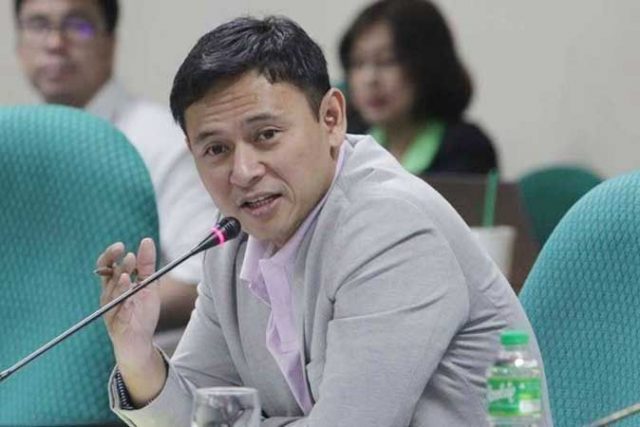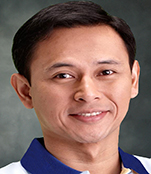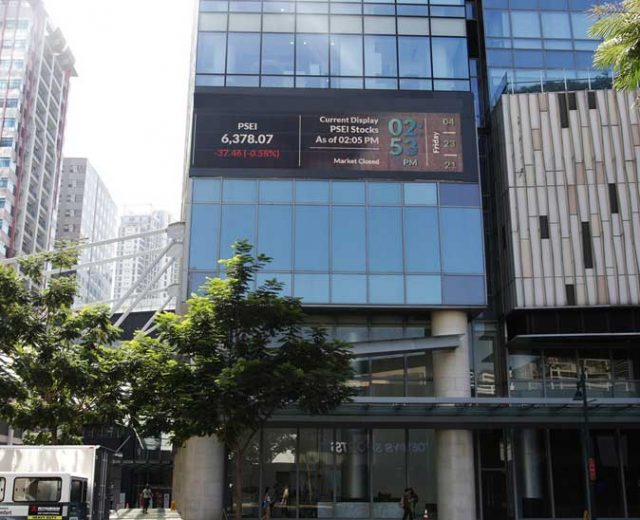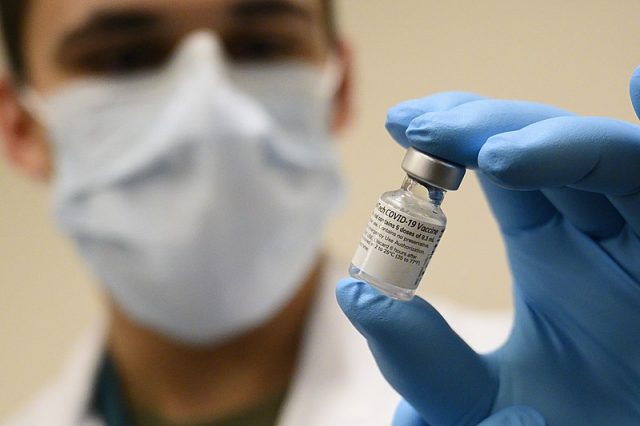PORT-AU-PRINCE — A heavily armed commando unit that assassinated Haitian President Jovenel Moise this week comprised 26 Colombians and two Haitian Americans, authorities said on Thursday, as the hunt went on for the masterminds of the brazen killing.
Mr. Moise, 53, was fatally shot early on Wednesday at his home by what officials said was a group of foreign, trained killers, pitching the poorest country in the Americas deeper into turmoil amid political divisions, hunger and widespread gang violence.
Colombian Defense Minister Diego Molano said initial findings indicated that Colombians suspected of taking part in the assassination were retired members of his country’s armed forces, and pledged to support the investigations in Haiti.
Police tracked the suspected assassins on Wednesday to a house near the scene of the crime in Petionville, a northern, hillside suburb of the capital, Port-au-Prince.
A firefight lasted late into the night and authorities detained a number of suspects on Thursday.
Police Chief Leon Charles paraded 17 men before journalists at a news conference late on Thursday, showing a number of Colombian passports, plus assault rifles, machetes, walkie-talkies and materials including bolt cutters and hammers.
“Foreigners came to our country to kill the president,” Mr. Charles said, noting there were 26 Colombians and two Haitian Americans.
He revealed that 15 of the Colombians were captured, as were the Haitian Americans. Three of the assailants were killed and eight were still on the run, Charles said.
Jorge Luis Vargas, director of Colombia’s national police, said he had received information requests from Haiti on six suspects, two of whom had apparently been killed in an exchange with Haitian police. The other four were under arrest.
The foreign ministry in Taiwan, which maintains formal diplomatic ties with Haiti, said 11 of the suspects were captured at its embassy after they broke in.
Haiti’s minister of elections and interparty relations, Mathias Pierre, identified the Haitian-American suspects as James Solages, 35, and Joseph Vincent, 55.
A State Department spokesman could not confirm if any US citizens were among those detained, but US authorities were in contact with Haitian officials, including investigators, to discuss how the United States could assist.
Officials in the mostly French- and Creole-speaking Caribbean nation said on Wednesday the assassins appeared to have spoken in English and Spanish.
“It was a full, well-equipped commando (raid), with more than six cars and a lot of equipment,” Mr. Pierre said.
Officials have not yet given a motive for the killing. Since taking office in 2017, Mr. Moise had faced mass protests against his rule — first over corruption allegations and his management of the economy, then over his increasing grip on power.
An angry crowd gathered on Thursday morning to watch the police operation unfold, with some setting fire to the suspects’ cars and to the house where they had hunkered down. Bullet casings were strewn in the street.
“Burn them!” shouted some of the hundreds of people outside the police station where the suspects were being held.
POWER VACUUM
Mr. Charles said the public had helped police find the suspects, but he implored residents of the sprawling seafront city of 1 million people not to take justice into their own hands.
A 15-day state of emergency was declared on Wednesday to help authorities apprehend the killers.
Still, interim Prime Minister Claude Joseph said on Thursday it was time for the economy to reopen and that he had given instructions for the airport to restart operations.
Mr. Moise’s death has generated confusion about who is the legitimate leader of the country of 11 million people, which shares the island of Hispaniola with the Dominican Republic.
Haiti has struggled to achieve stability since the fall of the Duvalier family dictatorship in 1986, grappling with a series of coups and foreign interventions.
A UN peacekeeping mission — meant to restore order after a rebellion toppled then-President Jean-Bertrand Aristide in 2004 — ended in 2019 with the country still in disarray.
“I can picture a scenario under which there are issues regarding to whom the armed forces and national police are loyal, in the case there are rival claims to being placeholder president of the country,” said Ryan Berg, an analyst with the Center for Strategic & International Studies.
Haiti’s 1987 constitution stipulates the head of the Supreme Court should take over. But amendments that are not unanimously recognized state that it be the prime minister, or, in the last year of a president’s mandate — the case with Mr. Moise — that parliament should elect a president.
The head of the Supreme Court died last month due to coronavirus disease 2019 (COVID-19) amid a surge in infections in one of the few countries yet to start a vaccination campaign.
There is no sitting parliament as legislative elections scheduled for late 2019 were postponed amid political unrest.
Mr. Moise just this week appointed a new prime minister, Ariel Henry, to take over from Mr. Joseph, although he had yet to be sworn in when the president was killed.
Mr. Joseph appeared on Wednesday to take charge of the situation, running the government response to the assassination, appealing to Washington for support and declaring a state of emergency.
Mr. Henry — considered more favorably by the opposition — told Haitian newspaper Le Nouvelliste that he did not consider Mr. Joseph the legitimate prime minister and he should revert to the role of foreign minister.
“I think we need to speak. Claude was supposed to stay in the government I was going to have,” Mr. Henry was quoted as saying. — Andre Paultre and Robenson Sanon/Reuters





 Senator Juan Edgardo M. Angara on Friday said he is set to file a bill that would provide assistance to Filipino students who want to pursue a college education overseas.
Senator Juan Edgardo M. Angara on Friday said he is set to file a bill that would provide assistance to Filipino students who want to pursue a college education overseas.






